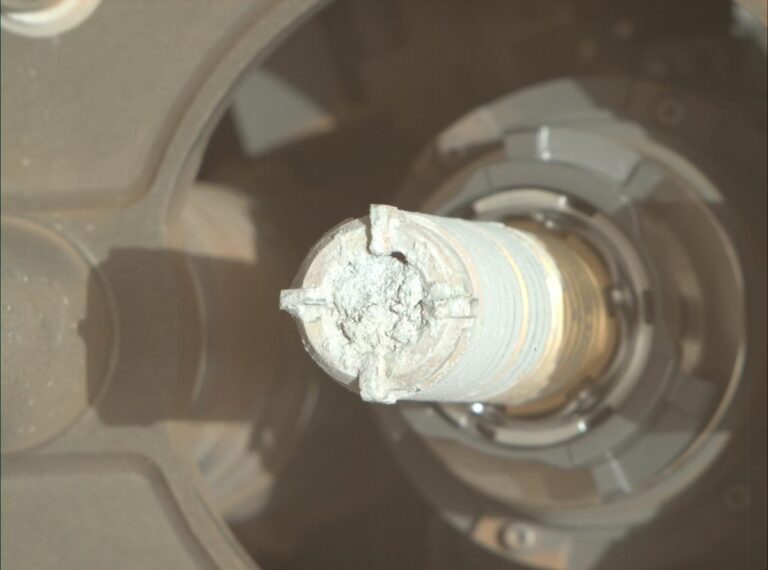explores the groundbreaking potential of quantum computing in enhancing the coordination of moving devices, such as self-driving cars. Published in the New Journal of Physics, this study demonstrates how quantum principles, including quantum entanglement and superposition, could revolutionize autonomous systems by enabling efficient and seamless interaction between devices.Quantum Coordination in ActionOne of the key insights from the research is the ability of quantum systems to allow devices to influence each other without direct contact or traditional signal exchange.
This concept could redefine coordination between self-driving cars and other autonomous systems by:Improving traffic flow: Quantum coordination enables vehicles to adjust their routes and speeds dynamically, minimizing congestion and reducing travel times.Enhancing safety: By sharing quantum-processed information, cars can predict and respond to potential accidents or hazards more effectively.Optimizing energy use: Coordinated movement reduces unnecessary stops and starts, leading to greater fuel efficiency and lower emissions.
The integration of quantum computing with existing AI-based systems could further enhance decision-making and problem-solving, creating a synergy between these two advanced technologies.Practical ApplicationsThis research provides a framework for implementing quantum computing in real-world scenarios, with applications including:Self-Driving Car Networks: Quantum algorithms could enable fleets of autonomous vehicles to collaborate in real-time, ensuring smoother transportation systems.
Logistics and Delivery: Quantum coordination could optimize routes and schedules for delivery systems, reducing costs and delays.Air Traffic Control: Aircraft could leverage quantum computing for collision avoidance and efficient flight path adjustments.Challenges in ImplementationWhile the potential is immense, the researchers also emphasize the challenges involved in deploying quantum computing at scale:Hardware Limitations: Current quantum computers are prone to errors and lack the computational power needed for large-scale applications.Algorithm Development: Designing efficient quantum algorithms for practical tasks remains a complex and evolving field.
Integration with Classical Systems: Seamlessly combining quantum computing with existing AI and digital infrastructures poses significant technical hurdles.Josh Tucker, one of the study’s authors, highlighted the dual nature of their findings: “Our research provides a route towards possible practical applications of quantum computing, as well as highlighting the challenges and limitations when implementing these strategies on current quantum hardware.”Future ProspectsThe study’s insights pave the way for future research into quantum-assisted coordination, pushing the boundaries of what autonomous systems can achieve.
As quantum computing hardware continues to evolve, the potential to transform industries like transportation, logistics, and energy becomes increasingly tangible.In summary, the paper not only advances theoretical knowledge but also serves as a beacon for real-world innovation, showcasing how quantum computing could make self-driving cars and other autonomous systems more efficient, safe, and sustainable than ever before.

















+ There are no comments
Add yours